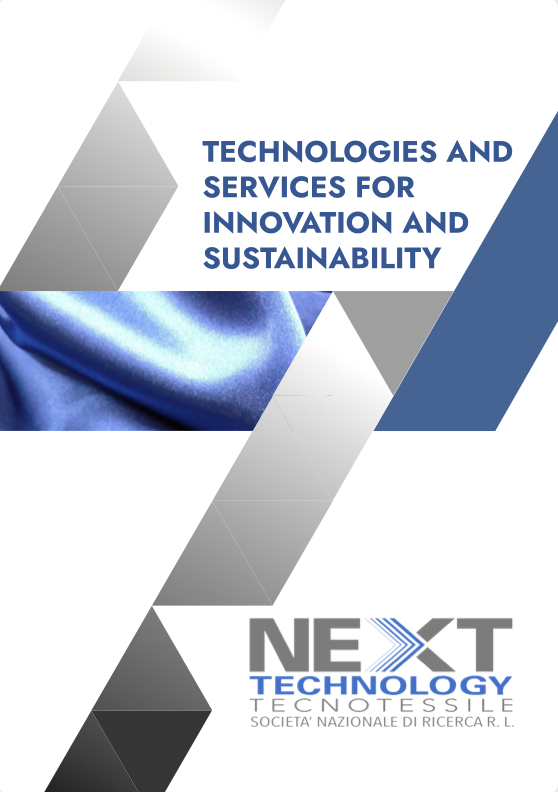
Introduction
Life Cycle Thinking is a way of thinking about the economic, environmental and social impacts of a product or process throughout its life cycle. In this framework, there are three main methodologies to evaluate sustainability as a whole:
1) Life Cycle Assessment (LCA): is a standardized methodology that evaluates the environmental impact of products or processes throughout their life cycle.
The study is based on a complete assessment of materials, energy consumption and emissions into the environment (water, air, soil, waste) generated by all the processes involved in the “life” of the product or service being assessed, from the extraction of natural resources needed to produce it to the treatment of waste at the end of its life. The Carbon Footprint (CF), which measures the greenhouse gases generated by the consumption of energy and materials during the life cycle of a product or service, is one of the impact categories assessed in the LCA. The results of the CF assessment are expressed in weight units (kg or tonnes) of carbon dioxide equivalent (CO2eq).
2) Social Life Cycle Assessment (S-LCA): is a methodology created to evaluate social impacts (and potential impacts), analyzing the social and socio-economic aspects of products and their positive and negative impacts throughout their life cycle, including the extraction and processing of raw materials, production, use, reuse, maintenance, recycling and waste disposal.
3) Life Cycle Costing (LCC): takes into account the life cycle costs of a product borne by the actors involved, including externalities. This analysis complements the LCA, considering the costs of product development, materials, energy, machinery, labor, waste management, emission control, transportation, maintenance and repair, etc.
Purpose
-
Improve the company’s green reputation• Promote an environmental marketing activity for the product• Monitor and adopt corrective actions to reduce the environmental impact of its products and processes over time: a strategic planning tool for the company• Communicate the company’s environmental policy to the market with an internationally recognized technical tool• It is a fundamental support for the development of Environmental Labeling schemes, such as:– Type I environmental labels (such as EU Ecolabel) (ISO 14024) – Type II environmental labels – Environmental self-declarations (ISO 14021)– Type III environmental labels – Environmental Product Declarations (EPD) Type (ISO 14025)


Service
The professional support of NTT specialists allows to carry out LCA studies focused on the specific results that the client wants to achieve.
The first phase of our support projects is aimed at defining the context and objectives in order to focus the activities and commitments related to achieving the result. Once the scope and purpose of the LCA study have been defined, our specialists work in close synergy with the client to obtain the data and carry out an accurate reporting of the product/process. The result is a detailed document (LCA study report) able to highlight both the advantages and the limitations of the process under evaluation. This allows the client to have a clear vision of the potential developments in terms of environmental and economic improvement.
Who does it?
The LCA service is offered by Next Technology Tecnotessile.
Useful contacts
For more information, we recommend downloading the brochure and contacting the following contacts:
NEXT TECHNOLOGY TECNOTESSILE
Via del Gelso, 13 – 59100 Prato – Italy
Tel. +39 0574 634040
Email: services@tecnotex.it
Technical details
Download the PDF to know the technical details of our services. For any further information, do not hesitate to contact us, we will answer you as soon as possible.
WOULD YOU LIKE MORE INFORMATION?
Contact us today without obligation, we will be happy to answer you as soon as possible.


